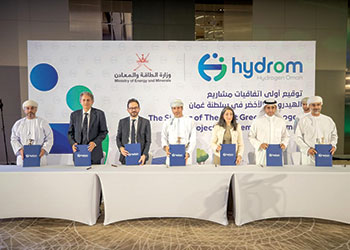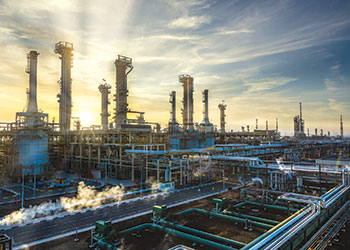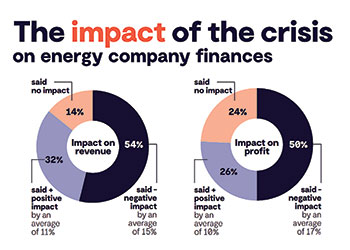
 The 2nd Energy Storage Forum held in May
The 2nd Energy Storage Forum held in May
There are more than 1,000 hydrogen projects announced globally, representing $320 billion in investments through 2030.
And while renewable generation is projected to reach 80 per cent of the global energy mix by 2050, this will require annual investments in energy supply and production of $1.5 trillion by 2035.
These were some of the highlights at The 2nd Energy Storage Forum held in May under the theme ‘Driving Energy Transition Pathways Towards COP28’ by the Gulf Cooperation Council Interconnection Authority (GCCIA) and EPRI.
At the forum, Ahmed Al-Ebrahim, CEO of the GCCIA, highlighted the successful integration of renewable energy into existing power grids requires efficient and reliable energy storage solutions.
"Energy storage technologies play a pivotal role in addressing the intermittent nature of renewable energy sources, enabling a stable and continuous supply of power," he added.
"By investing in these technologies, financial institutions can actively contribute to the global effort to combat climate change and foster a sustainable future."
A promising energy storage solutions is hydrogen storage that has gained significant attention as a clean and versatile fuel, capable of generating power through fuel cells and providing storage for excess renewable energy.











































































